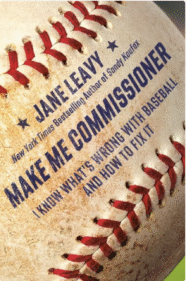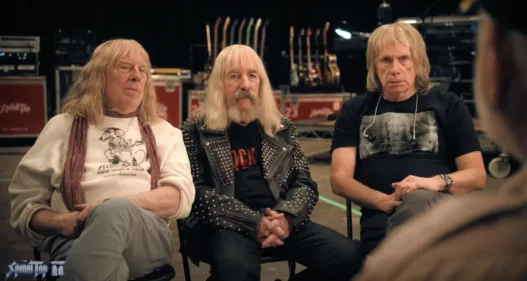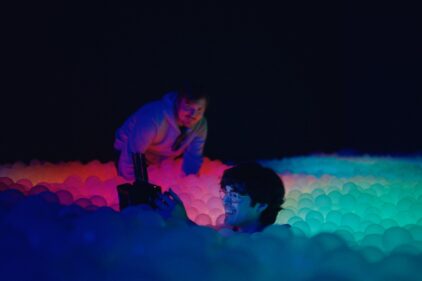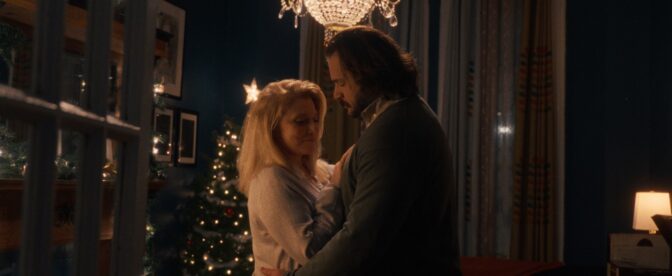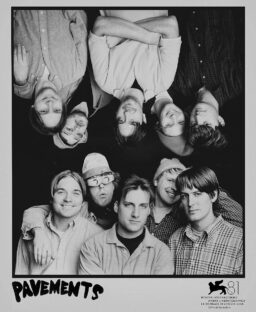Richard Harris, the boisterous, brawling, sometimes brilliant Irish actor, is dead at 72. A charter member of the acting generation known as the Angry Young Men, he capped his career playing a very old and wise man–Albus Dumbledore, the headmaster of Hogwart’s School in “Harry Potter And The Sorcerer's Stone” (2001).
He had almost finished filming his role in the forthcoming sequel, “Harry Potter and the Chamber of Secrets,” when he was struck ill earlier this year with Hodgkin’s disease. A few of his scenes had to be shot with a double.
Harris was a mercurial stage actor who was often linked with Richard Burton, Peter O'Toole and Oliver Reed as a legendary drinker and bar-fighter. “Let’s face it,” Reed told me in 1969, “They like somebody like Richard Harris or myself, somebody who’s a boozer and gets in fights and is colorful as hell.”
But Harris stopped drinking, on medical advice, in the early 1980s, and told me at the time: “I locked myself in my house with a bottle in every room and told my brother, ‘If I don’t come out in a week, come in for me because I’ll be dead.’ I went cold turkey. Haven’t had a drink since. The difference between me and Richard Burton is, I stopped drinking and am still appearing in ‘Camelot.’ He did not, and is not.”
After a sensational debut as a rugby player in “This Sporting Life” (1963), Harris played a series of tough-guy roles and then surprised everyone with his performance as the gentle King Arthur in “Camelot” (1968). His most famous role was probably “A Man Called Horse” (1970), in which he played a British traveler in the American west who is captured by Indians, survives a grueling test of his manhood, and is welcomed into the tribe. The movie inspired two lesser sequels.
Sixty of his 70 movies were “crap,” he said, and we was equally free in criticizing his fellow actors. Unhappy with the scripts he was being offered, Harris largely withdrew from films in the 1990s, continuing to tour in “Camelot,” with which he drew full houses all over the world. In 1990 he made a comeback with “The Field,” a grim, dour Irish story about a man who determines to transform a wasteland into farmland by hauling buckets of seaweed to it on his back. The role won him an Academy Award nomination, and a few years later he won more praise for his work in Clint Eastwood’s “Unforgiven,” as English Bob, a gunslinger who travels with his own biographer.
The Harry Potter movies, near the end of his life, made him a legion of new fans, as the “Star Wars” pictures had earlier done for Sir Alec Guinness. But he advised his fellow actors not to take it too seriously: “There is real life out there. This is all make-believe crap.”
When I talked with Harris for the last time, in September 2001, it was late at night at the Toronto Film Festival, and he was sitting at an outdoor cafe with a pint of forbidden lager. It struck me at the time that he seemed subdued and even sad. He was diagnosed earlier this year with Hodgkin’s, a cancer affecting the lymph nodes, and it claimed him in a London hospital on Friday night.

